|
|

GMAT Club Daily Prep
Thank you for using the timer - this advanced tool can estimate your performance and suggest more practice questions. We have subscribed you to Daily Prep Questions via email.
Customized
for You
Track
Your Progress
Practice
Pays
Not interested in getting valuable practice questions and articles delivered to your email? No problem, unsubscribe here.
Kudos
Bookmarks
| FROM Fuqua Student Blogs: Latin American Student Association Provides Valuable Support |
|
An MBA is a once in a lifetime opportunity to put yourself out of your comfort zone, especially if you are an international student. Coming from Brazil, I quickly learned that the cultural difference between my home country and the U.S. is greater than I had ever realized. That’s why having support from fellow Latin American students has helped me make the best of my experience. The Latin American Student Association (LASA) is one of the largest clubs at Fuqua, and it promotes both professional and social events, facilitating a network comprised of its members that include people passionate about our region. Here are four areas where LASA delivers value during the MBA journey. Admissions LASA plays an important role in the application process. The club partners with Fuqua’s admissions team to promote local events in Latin America, connecting prospective students to alumni and current students so that they can learn more about our school. LASA also helps newly-admitted students to ‘land’ in Durham, promoting sessions that share information on housing, health care, and daily life in North Carolina prior to the beginning of classes. As a country representative, I’m responsible for connecting with prospective and admitted students from Brazil to answer their questions about Fuqua. If you’re a prospective student, you can contact admissions and ask to be connected with a student from your home country. Professional Life Recruiting in the U.S. can be strikingly different from recruiting in Latin America in general. The LASA Career Cabinet strives to bridge this gap by promoting workshop sessions, resume and cover letter reviews, company webinars, and a career conference. The club also offers the LASA Career Fellow program, which consists of matching a first-year student to a second-year with similar professional interests. For me, the program was a major source of help because it provided me important insights on how to recruit in the U.S. Different from the Fuqua Career Management Center’s career fellows, LASA career fellows specifically bring the perspective of someone who has successfully navigated and comprehended the differences in the recruiting processes in U.S.-based and Latin American companies. 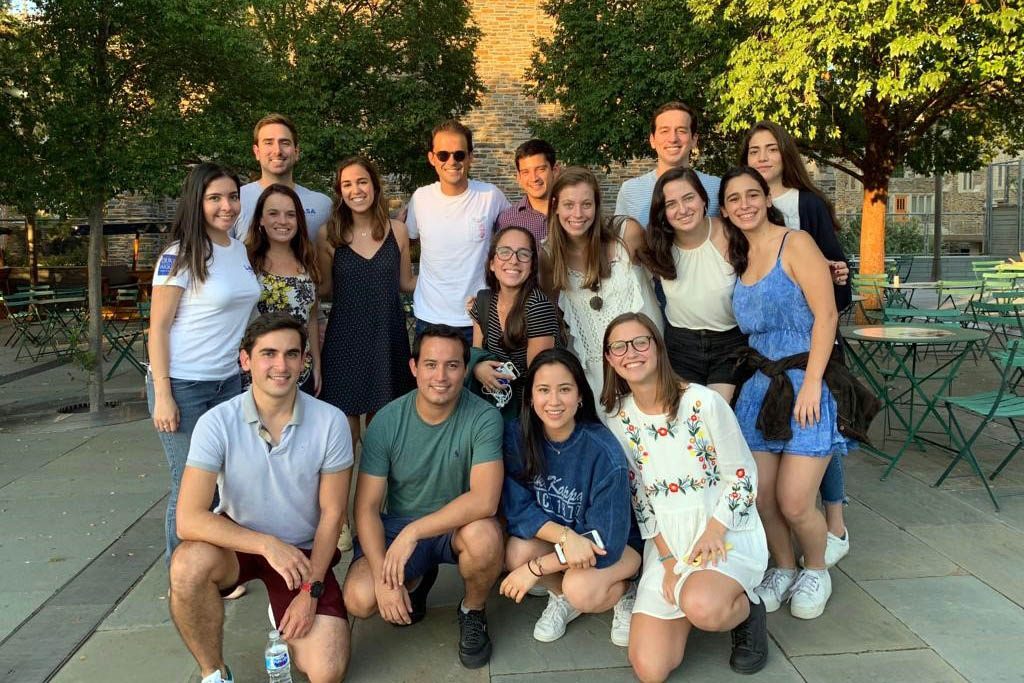 LASA students with Duke Latin American undergrads they mentored External Relations LASA’s External Relations Cabinet is responsible for helping students to build relationships with Latin American alumni and companies, expanding recruiting opportunities for the LASA community. They also organized the first LASA conference about entrepreneurship in Latin America where I enjoyed hearing from amazing leaders such as Martin Rastellino (founder of Despegar) and Woods Staton (CEO of Arcos Dorados). Social Life LASA is known for its amazing social events—from barbecues to Carnival to Día de Los Muertos. The parties are great opportunities to take a well-deserved break from academic life and a chance to share our culture with other students while getting to know more people. At LASA social events, I have met amazing people from all over the world, including a Chilean partner of a student, who is now one of my best friends in Durham, and an Indian who loves to practice his Spanish. Speaking of partners, many Latin students come to Durham with their families who engage in events promoted by the LASA Partners Cabinet. View this post on Instagram LASA Cabinet 2019-2020  ! Welcome FY Cabinet ! Welcome FY Cabinet   A post shared by LASA Fuqua (@lasafuqua) on Oct 1, 2019 at 10:21am PDT The post Latin American Student Association Provides Valuable Support appeared first on Duke Daytime MBA Student Blog. |
This Blog post was imported into the forum automatically. We hope you found it helpful. Please use the Kudos button if you did, or please PM/DM me if you found it disruptive and I will take care of it.
-BB
Kudos
Bookmarks
| FROM Fuqua Student Blogs: Examples of Our 25 Random Things |
|
If you’re a prospective student reading this blog, chances are you’re already aware of the “25 Random Things” essay that is part of the application. But how should you approach writing it? Here are some examples from our essays that might help spark some of your own ideas. Maddy Conway
Yun Hong
Sandeep Panda
Austin Ray
Courtney Ridenhour
|
This Blog post was imported into the forum automatically. We hope you found it helpful. Please use the Kudos button if you did, or please PM/DM me if you found it disruptive and I will take care of it.
-BB
Kudos
Bookmarks
| FROM Fuqua Student Blogs: A Record Year for Hiring at Fuqua |
|
I’ve often told people I feel like I have the best job at Fuqua. As associate dean for career management, I have a front-row view of our tremendously talented students seeking jobs plus direct insight from the companies looking to hire them. It could be tempting to think of our careers team as matchmakers in that process—but our roles are so much more complex and constantly evolving. We are the eyes and ears of the business school in understanding what companies want in the talent they are hiring and how they are hiring it. We are among the first to spot shifts in the skills needed to succeed in the ever-complex landscape of business today. In 20 years on Fuqua’s career team, I’ve personally witnessed the changing nature of work and the new demands in skills and opportunities that accompany those evolutions. Our faculty is continually updating and tweaking our curriculum to meet the needs of business. That means our students are prepared. It also means they are in demand. The data in our most recent careers report demonstrates that demand. Three months after the Class of 2019 graduated, 97% had received job offers and 95% had accepted offers. Those are the highest percentages I’ve seen in my 20 years. In addition, median annual base salary rose by 8% from the previous year. I believe the numbers speak not only to the talent of our students but the recognition by employers that they are being well prepared at Fuqua. Other highlights from the careers report include:
The full careers report can be found here. You can also read more about the trends in this Poets & Quants piece. I’m proud our data continues to show that Fuqua graduates are able to pursue their career interests in a wide variety of industries, functions, and locations. Mostly, I’m proud of the stories I hear about the ways our graduates are impacting companies and their communities. I love hearing recruiters tell me how a Fuqua graduate brought a team together to solve a challenge or used their technical expertise plus leadership skills to drive innovation. Knowing our team helped highly talented people find fulfilling roles where they can use their skills and passions to help make companies and the world better is always our best metric of success! The post A Record Year for Hiring at Fuqua appeared first on Duke Daytime MBA Student Blog. |
This Blog post was imported into the forum automatically. We hope you found it helpful. Please use the Kudos button if you did, or please PM/DM me if you found it disruptive and I will take care of it.
-BB
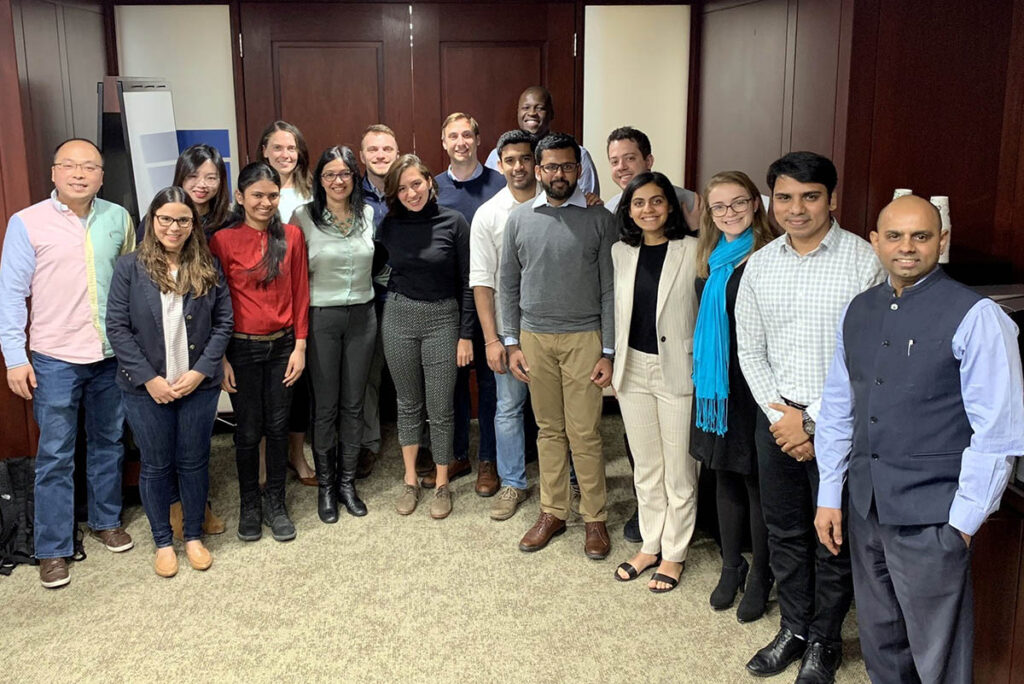
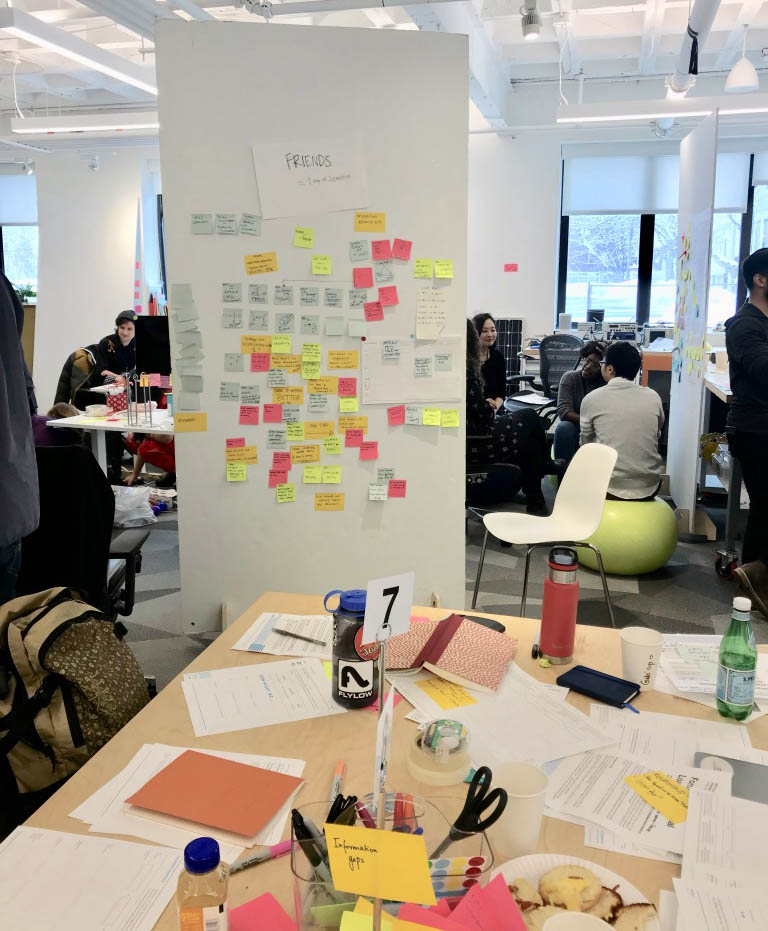
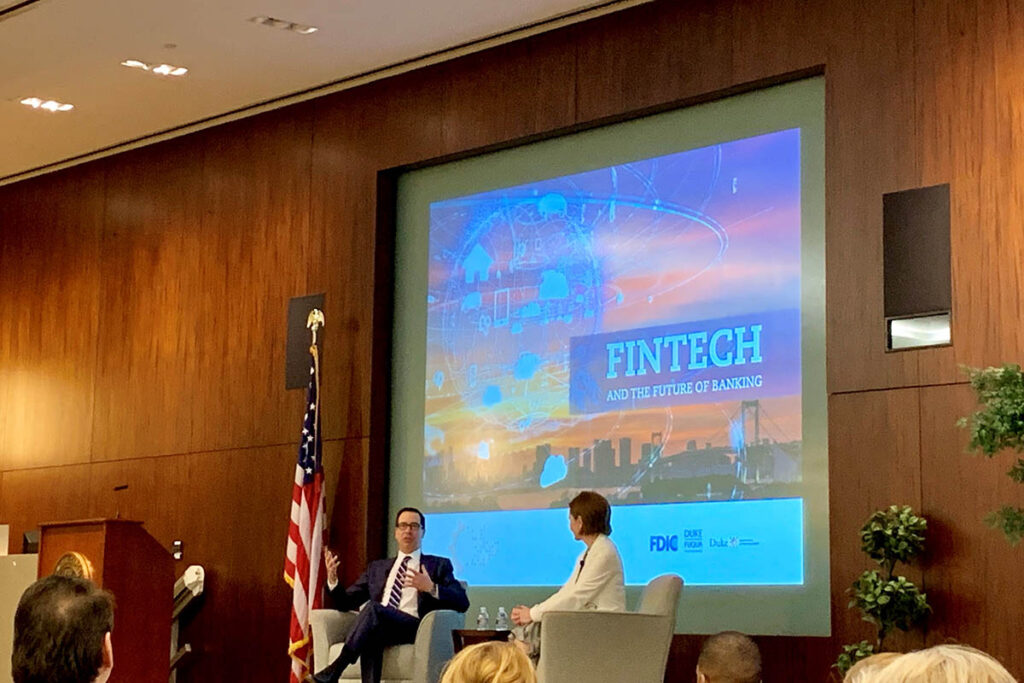



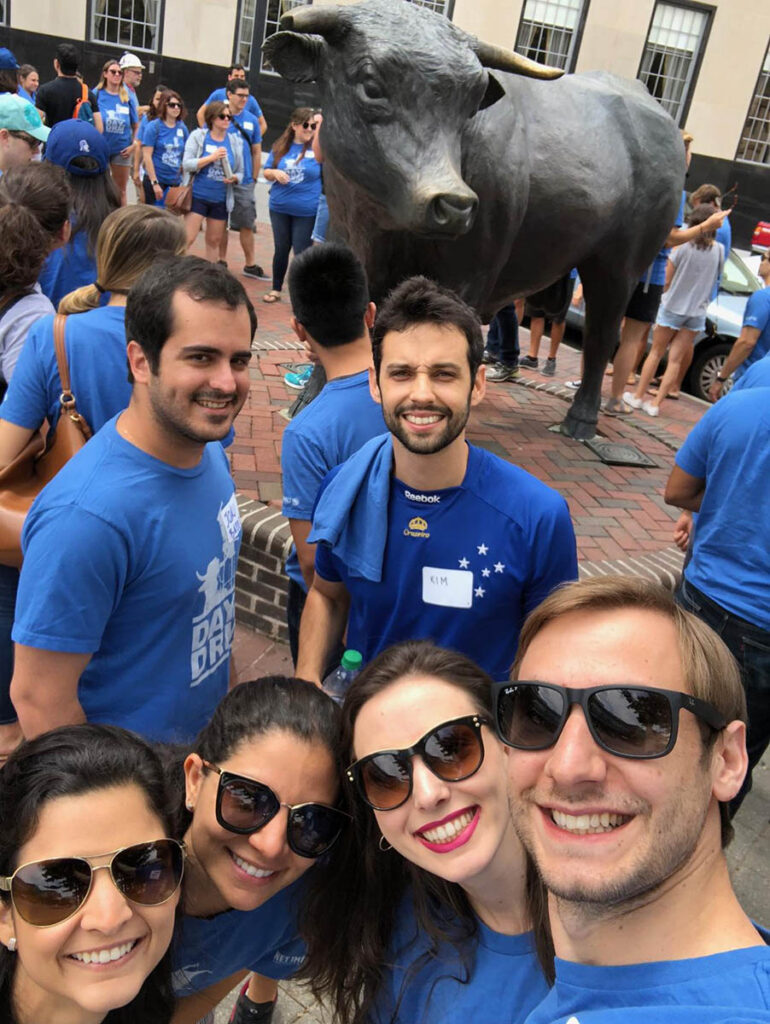
 #fuquaorientation #dukefuqua #teamfuqua #dukestudents
#fuquaorientation #dukefuqua #teamfuqua #dukestudents  : @photoc4
: @photoc4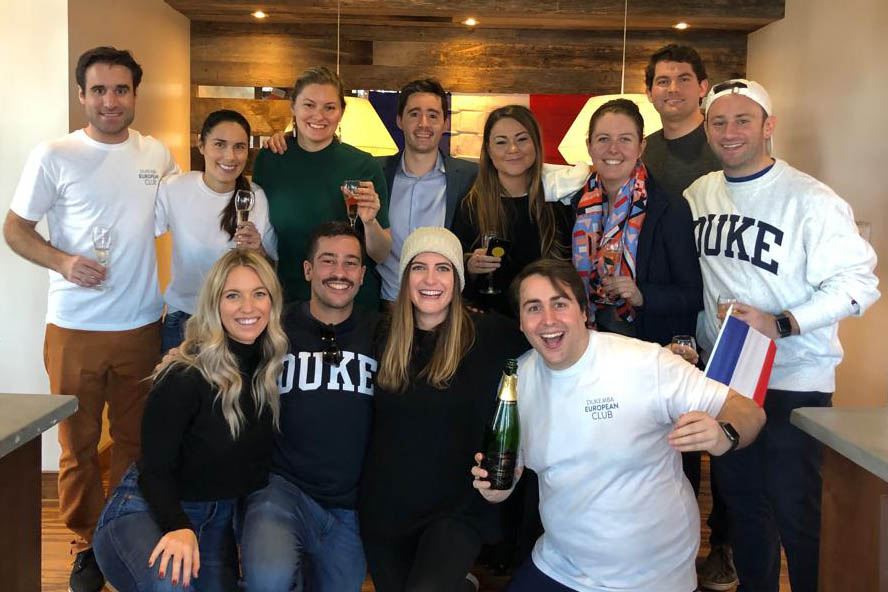


 #fuquafromhome
#fuquafromhome



